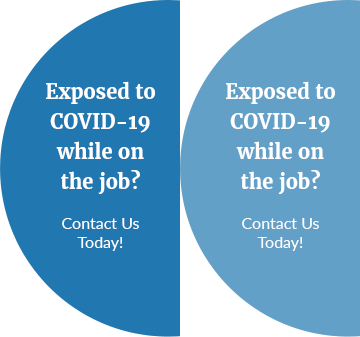Who is Liable in a Truck Rollover Accident?
In the aftermath of a truck accident in Pittsburgh, everyone has questions. They all come down to this: whose fault is it? This is especially true for the victim, who has to determine liability before they even have a shot at getting compensation. Rollover accidents can be particularly catastrophic, often causing shocking amounts of damage to property and people alike.
Keep reading to learn more about who may be liable for a truck rollover accident. If you’ve been injured in a truck collision, the team at Caroselli, Beachler & Coleman is here for you. Call us at 412-253-2925 to set up a consultation with our Western Pennsylvania personal injury team.
Driver Negligence
In many cases, the blame lies with the truck driver. Take note, though—if they are an employee of a trucking company, the trucking company is actually liable. Their insurance company will be your main point of contact. However, if the driver is an owner-operator, their insurance company will step in.
Truck drivers know that their vehicles are top-heavy and prone to rollovers. It’s a main topic discussed in CDL classes. In their classes, they also learn how to prevent rollovers and mitigate the risks of a top-heavy vehicle. This means not making erratic maneuvers or speeding, both of which can destabilize the truck and put it at risk of rolling over.
Driving while impaired or fatigued can also make a rollover more likely. When drivers aren’t in peak mental shape, it’s easy to get distracted, miss obstacles, and then have to make evasive maneuvers to prevent a crash. These types of moves are the exact ones that often lead to rollovers.
Trucking Company Liability
There are also situations in which the trucking company is responsible for an accident. They are responsible for ensuring that their truck drivers are able to handle any situation they come across on the road. When they put inexperienced or new drivers on long hauls by themselves, there’s a very real chance they’ll panic at an unexpected situation and cause a rollover. While the driver may blame themselves for this outcome, the company failed them.
Companies are also known for putting intense pressure on drivers to meet impossible deadlines. When this happens, drivers are often pushed to take unnecessary risks to meet deadlines and protect their jobs. They may speed, try to zip in and out of lanes to save a few seconds, and otherwise increase the likelihood of a crash. They may also drive in high-speed winds just to avoid a delay, even though high-speed winds often lead to rollovers.
Cargo Loader Negligence
Safe cargo loading is a crucial component of rollover prevention. When a truck’s cargo is properly secured and distributed across the trailer, the entire truck is more secure and less prone to a rollover. When cargo is unbalanced, too heavy for the truck, or stacked inappropriately, it may slip and shift during transport. As a result, the driver may overcorrect and cause a rollover. Cargo loaders have an obligation to follow the cargo securement regulations put in place by the FMCSA. When they don’t, they can be held responsible for accidents that occur.
Truck Manufacturer Concerns
Although it’s less common for truck manufacturers to be liable for accidents, these situations do occur. Manufacturers are expected to design and manufacture safe trucks, which means conducting proper safety testing, keeping unsafe vehicles off the market, and doing recalls as necessary.
If a truck has an inherent design flaw, it doesn’t matter how carefully the truck driver operates—they are at heightened risk of a collision. The same is true for manufacturing defects. Although it may appear at first glance that the driver is to blame, responsibility ultimately lies with the manufacturer. Reaching this conclusion often takes substantial work in discovery and input from expert witnesses.
Find Out How We Can Help You After a Pittsburgh Truck Accident
Don’t wait any longer to discover if you’re entitled to compensation after a Pittsburgh truck accident. Let us explain your options and help you decide your next steps. Give us a call at 412-253-2925 or reach out via our online contact form.

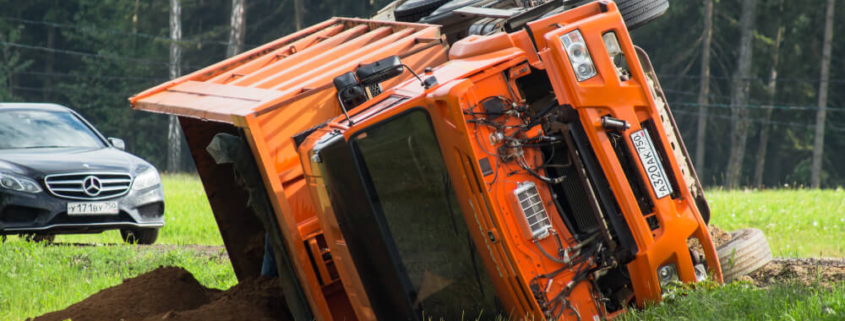
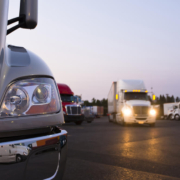
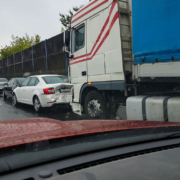
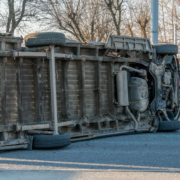
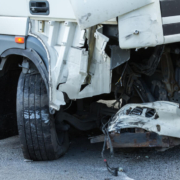 What to Expect in Truck Accident Claims
What to Expect in Truck Accident Claims



